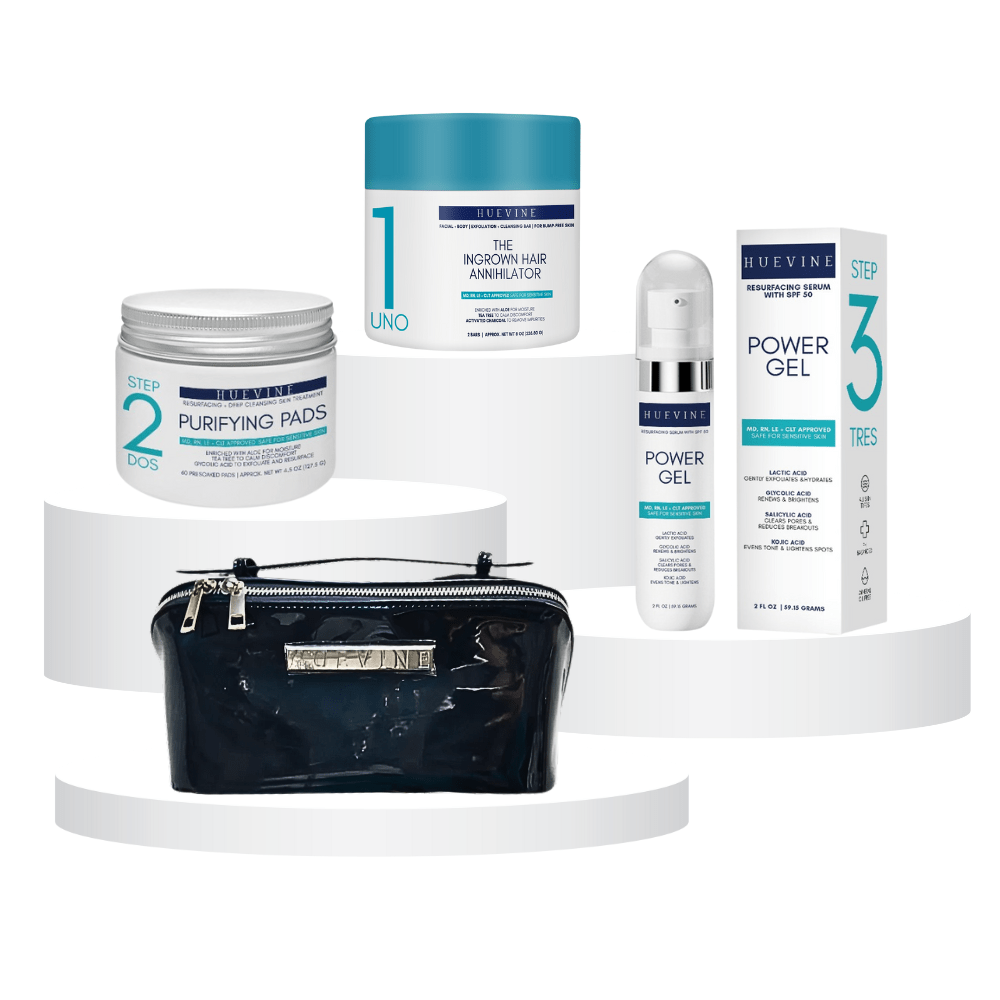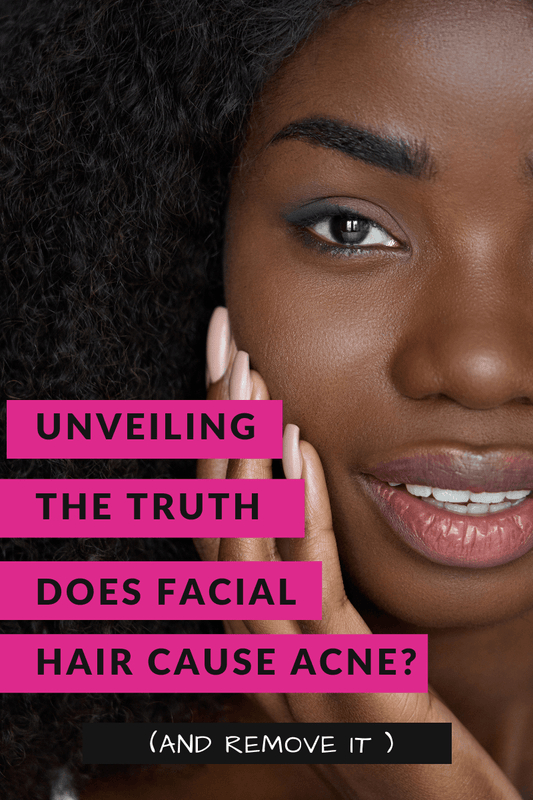Facial hair has always been a subject of fascination and personal style for many individuals. From the trendy beard to the timeless mustache, facial hair can make a statement and enhance one's appearance.
However, an age-old question still lingers: Does facial hair cause acne?
In this blog post, we will delve into the relationship between facial hair and acne, examining the potential causes and dispelling common misconceptions.
So, let's embark on this journey to uncover the truth and gain a clearer understanding of the impact of facial hair on acne-prone skin.
Understanding Acne
Before exploring the connection between facial hair and acne, it's crucial to comprehend the basics of acne.
Acne is a common skin condition that occurs when hair follicles become clogged with oil, dead skin cells, and bacteria. Factors such as hormonal changes, genetics, and excessive sebum production contribute to the development of acne.
Now, let's investigate whether facial hair exacerbates this condition.
Facial Hair and Acne
Sebum and Bacteria Trapping
One of the primary concerns associated with facial hair and acne is the trapping of sebum (natural skin oil) and bacteria. When hair follicles are obstructed by facial hair, sebum and bacteria can accumulate, leading to the formation of acne lesions. However, it's important to note that this issue primarily affects individuals with oily skin, as they tend to produce more sebum.
Folliculitis
Another condition that can be linked to facial hair is folliculitis. Folliculitis occurs when hair follicles become inflamed and infected, resulting in small, red bumps on the skin. Shaving and grooming practices can contribute to folliculitis, especially if proper hygiene measures are not followed. Regular cleansing and exfoliation can help prevent this condition.
Prevention and Management
a. Good Hygiene Practices: Maintaining good hygiene is essential for preventing acne breakouts associated with facial hair. Regularly cleanse your face using a gentle cleanser to remove excess oil, dead skin cells, and bacteria. Additionally, exfoliating the skin can help unclog hair follicles and reduce the risk of acne.
b. Proper Grooming Techniques: When it comes to grooming facial hair, it's important to adopt proper techniques to minimize the risk of acne. Keep your facial hair clean and moisturized, and consider using beard oils or balms that are non-comedogenic (won't clog pores). Trim your facial hair regularly to prevent excessive length that may contribute to trapping sebum and bacteria.
c. Seeking Professional Advice: If you're struggling with persistent acne breakouts despite following good hygiene practices and proper grooming techniques, it may be beneficial to consult a dermatologist. They can provide personalized recommendations and suggest suitable acne treatment options tailored to your specific needs.
Facial hair, in itself, does not directly cause acne.
However, the presence of facial hair can contribute to acne development and exacerbate existing acne-prone skin conditions.
By adopting good hygiene practices, following proper grooming techniques, and seeking professional advice if necessary, you can minimize the potential impact of facial hair on acne.
Remember, everyone's skin is unique, so finding the right balance that works for you is key.
Embrace your personal style while taking care of your skin, and enjoy the journey of maintaining a healthy, acne-free complexion alongside your facial hair!



